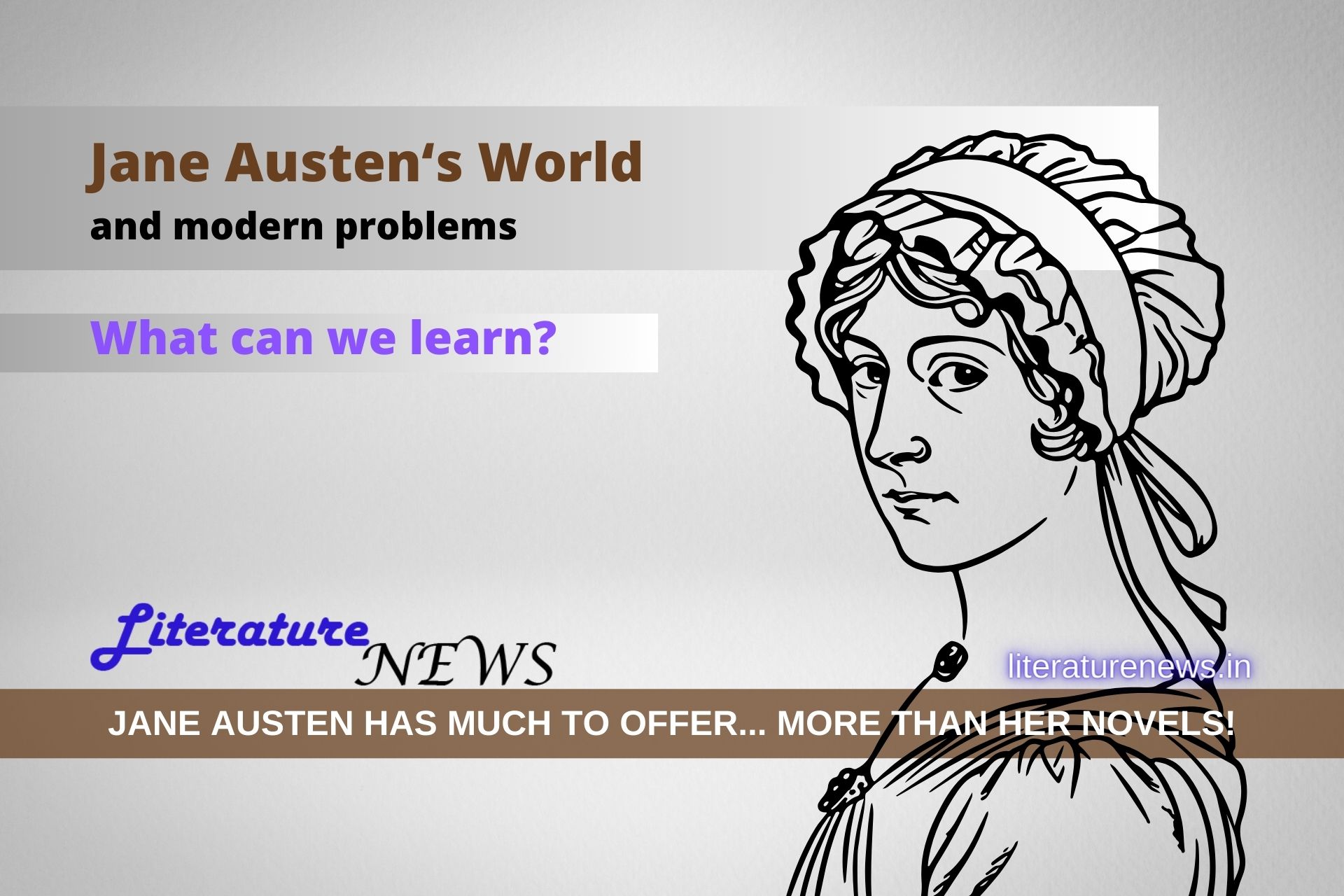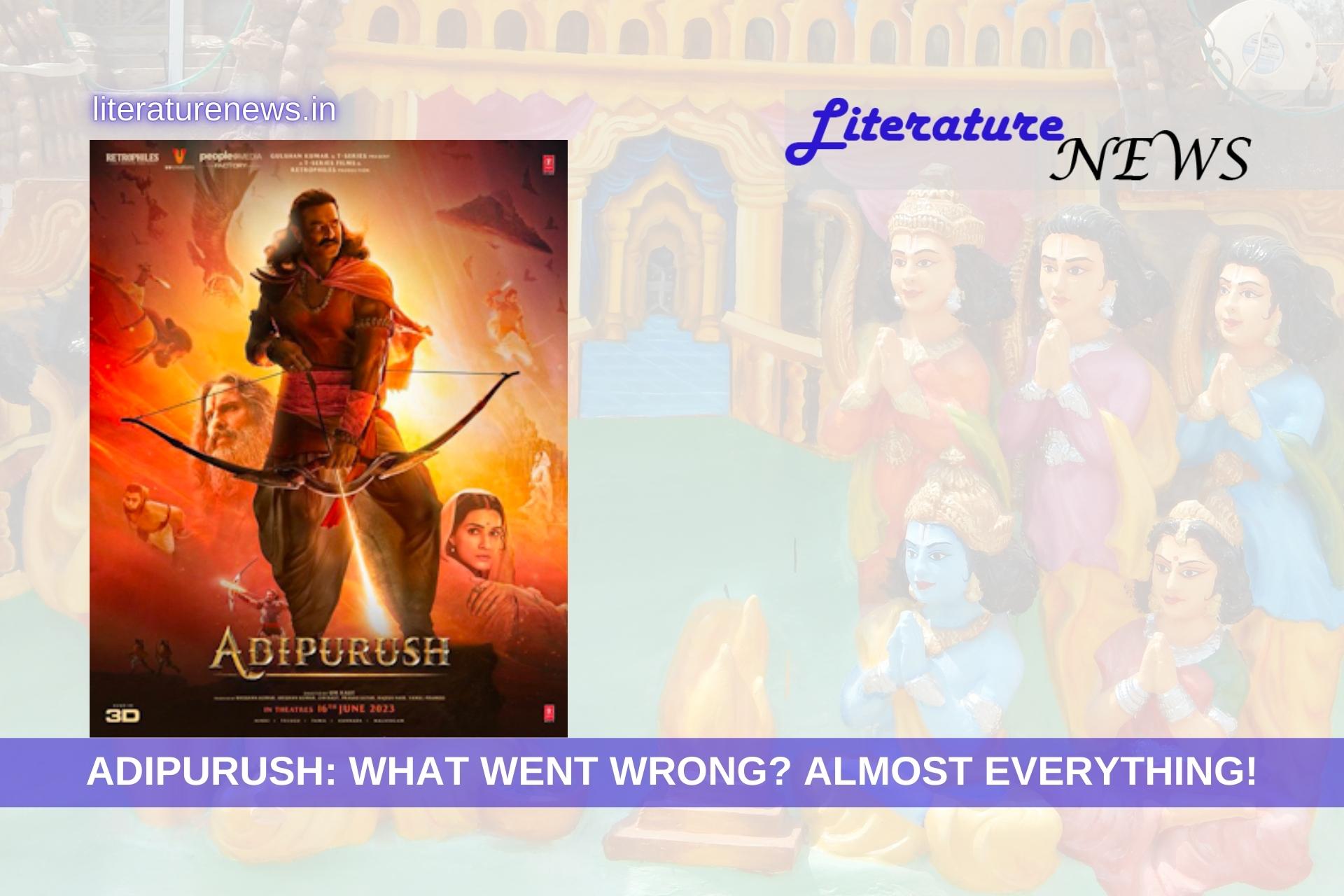Imagine a voice that slips through the cracks of centuries. It is not the distant, polished tone of a monument, but something closer, more urgent. It is the voice of a man arguing with God, flattering a lover, and dissecting a flea, all with the same fierce intellectual energy. This is the voice of John Donne, and against all odds, it has never really fallen silent. In today’s literary discourse, he feels less like a relic and more like a contemporary, a writer whose complexities resonate with our own fragmented, searching age.
His relevance is not found in a simple, timeless beauty. It is found in his fiction. Donne lived in a world torn apart by the clash of new science and old religion, and his mind was the arena where these forces clashed. He did not seek to smooth over the contradictions but to press his face against them. When we read him now, we recognise a kindred spirit. We also live in an era of dissonance, where technology and spirituality, the global and the personal, coexist in a state of tension. Donne teaches us that poetry is not an escape from this tension, but a way to map it.
Was he ahead of his time? The question almost feels too small for him. He was not so much ahead as he was deep within his own, mining it for universal truths. His imagination worked not through ethereal fantasy, but through a startlingly concrete symbolism. He took the emerging discoveries of his day —new maps and new astronomy —and turned them inward. A separated lover is not just sad; he is a world unto himself, and his love is the prime meridian by which all else is charted. Two lovers in a room are not just together, they are an entire universe, and the death of a flea that has bitten them both becomes the subject of a cosmic, blasphemous seduction.
This is his genius. He collapses the vast into the intimate. He uses the language of exploration to chart the geography of the human soul, and the language of physics to explain the pull of affection. In “A Valediction: Forbidding Mourning,” he compares the souls of separated lovers to the legs of a compass. It is a bizarre, almost clinical image, yet he transforms it into one of the most tender and resilient depictions of love ever written. The fixed foot leaning, the other making a perfect circle, this is not the stuff of conventional romance. It is the poetry of connection, stability, and precision. It is love as a mathematical certainty.
His religious works possess the same relentless intensity. The “Holy Sonnets” are not peaceful prayers. They are arguments, negotiations, and desperate demands. “Batter my heart, three person’d God,” he commands, asking not for gentle grace but for a violent, liberating assault. This is a spirituality of struggle, not submission. It speaks powerfully to anyone who has ever felt faith not as a comfort, but as a crisis. He permits us to be imperfect, to question, to wrestle with the divine.
Today, when many poetry prizes value a kind of raw, personal confession and an accessible, often minimalist language, Donne stands as a master of complex thought made visceral. He does not offer the immediate, shimmering surface of an image and allow it to linger unexplained. Instead, he invites us, or rather, he compels us to follow him into the labyrinth of his mind. The confession is there, certainly, but it is not a mere outpouring of feeling. It is a feeling that has been processed through the fierce machinery of intellect. A contemporary poem might reveal the scar and allow us to feel its texture. Donne would perform the autopsy on the weapon that caused it, analyse the metallurgy of the blade, and relate it to the fall of a sparrow in a distant land, all to make us understand the precise nature of the pain. This is not obscurity for its own sake. It is an attempt to find a language complex enough to mirror the chaos and interconnectedness of human experience itself.
He reminds us, in an age that often views them with suspicion, that intellectualism and passion are not opposites, but necessary partners in the quest for truth. We sometimes fall into the trap of believing that to be intellectual is to be cold, and to be passionate is to be unthinking. Donne annihilates this false division. Consider the moment he compares the souls of two lovers to the legs of a drafting compass. On its face, it is an almost absurdly academic conceit, a thing of geometry and classroom diagrams. But in his hands, it becomes one of the most tender and resilient declarations of love ever penned. The intellect does not distance us from emotion. It gives the emotion its architecture, its enduring form. The passion is the fire, and the intellect is the forge that shapes it into something lasting and strong.
This is how he challenges our modern separation of heart and mind. He presents a unified self, a being that thinks with the same intensity with which it feels. His famous command to God, “Batter my heart, three-personed God,” is a paradox of violent surrender. It is a theological argument couched in the language of a desperate, personal plea. He is not merely saying he believes. He is arguing for the necessity of his own breaking and remaking. The heart’s desire and the mind’s logic are fused into a single, explosive demand. We see this again in his playful, yet deadly serious, seduction poems. In “The Flea,” he constructs a logical, almost legalistic case for physical intimacy, using the shared blood within an insect as his evidence. The wit is not a distraction from the sensual goal. It is the very instrument of seduction, a display of mental agility that is itself a form of courtship.
In a single stanza, he can be witty, profound, sensual, and theological, and he refuses to be just one thing. This multifaceted quality is perhaps his greatest gift to a modern reader. We are not simple creatures. A single moment of our lives can contain a memory that makes us laugh, a pang of existential dread, the warmth of a physical touch, and a question about our place in the cosmos. Donne’s poetry weaves all these threads together. He can move from a joke about a sunbeam disturbing his lover in bed to a meditation on the new philosophy that calls all in doubt. He can, within the space of a few lines, worship the body of his beloved and see in it a glimpse of the divine. He permits us to be our whole, complicated, contradictory selves. He proves that a poem does not have to choose a single lane. It can be a universe, dense and strange and brilliant, where the head and the heart are not at war, but are finally, and joyfully, reconciled.
To read John Donne now is to engage in a conversation that never ended. He is the poet of the interconnected world, the one who saw the links between a planet and a person, between a prayer and a protest. His work is a testament to the idea that the most human experiences —love, doubt, and the fear of death —are too vast and too profound to be captured by simple words. They require compasses, maps, and the blood of a flea. They need a mind unafraid to find the universe in a glance, and a God in the silence that follows a storm. He is not ahead of his time. He is, most wonderfully, a vital part of it.
Academic





Add Comment